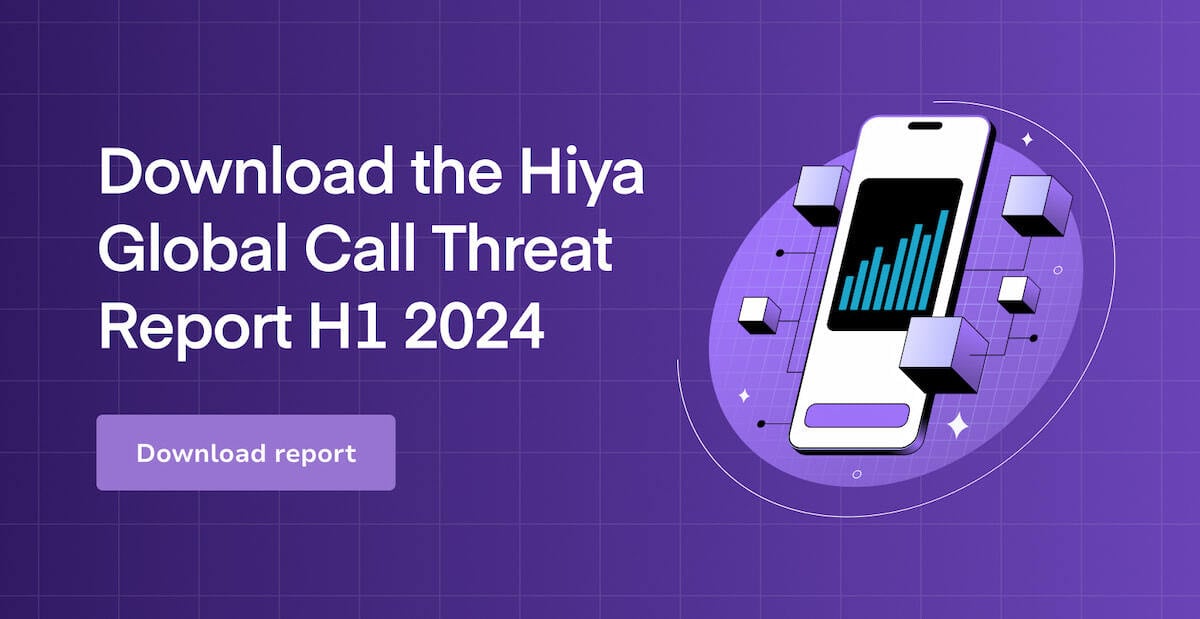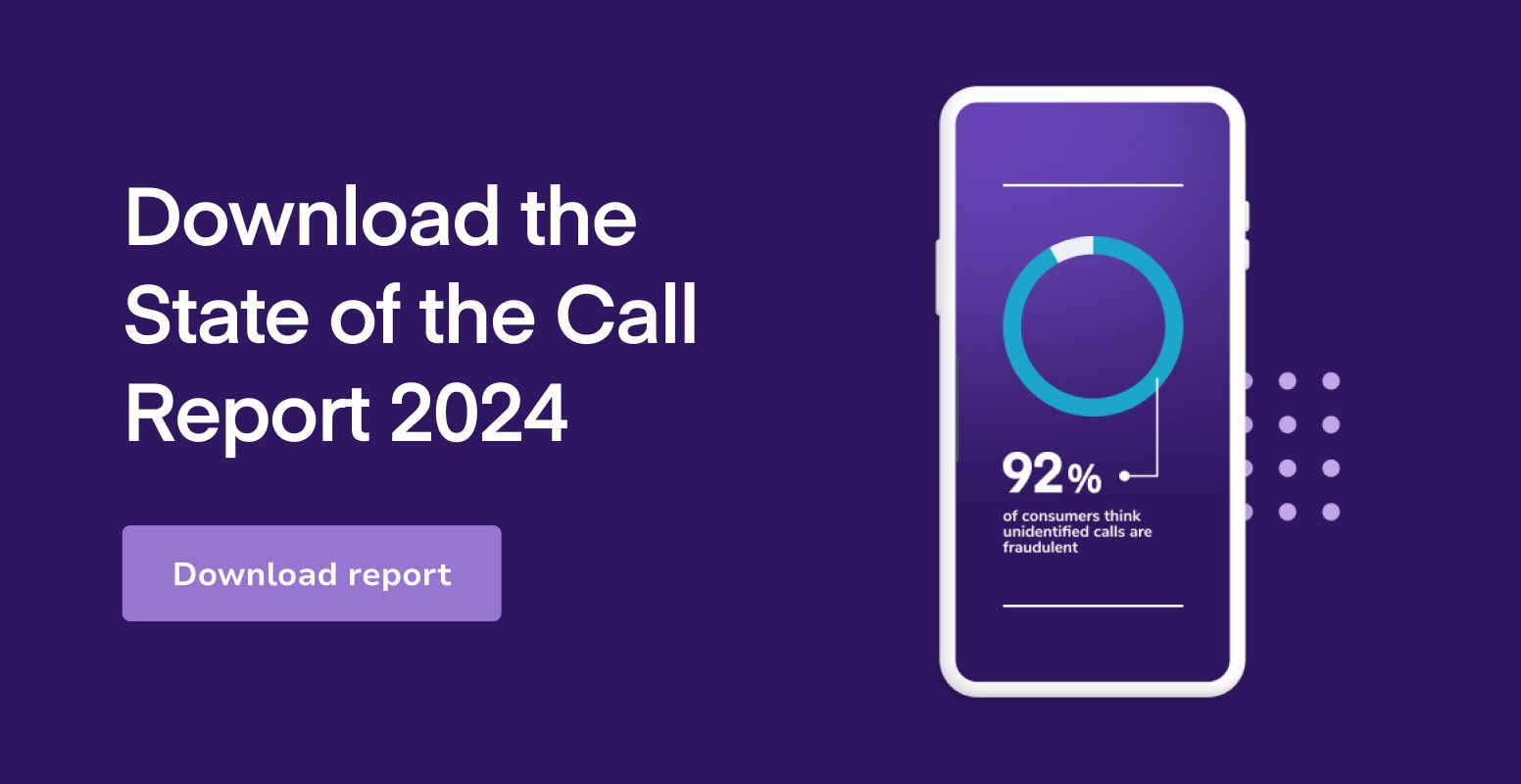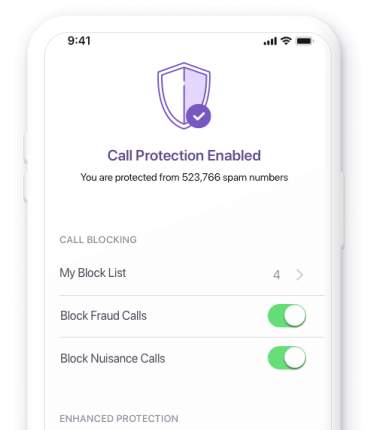
Winter may be the slow season in many industries in the UK, but it’s high season for fraudsters perpetrating energy scams.
After a brief pause for the holidays, energy-related phone scams in the UK shot up in early January and stayed high through February and most of March.
Energy bill scams hit their peak the week of March 4, with Hiya receiving more than 450 reports of energy scams/spam that week. That’s four times higher than the volume of UK energy scams reported the same week the previous year. Reports come from consumers using Hiya Protect via their carrier, device manufacturer or the Hiya mobile app.
@2x.jpg?width=1300&height=852&name=Energy%20scams%20spam%20in%20the%20UK%20(weekly)@2x.jpg)
Energy bill scams in the UK shot up in early January 2024 and stayed high all winter.
Why are energy scams increasing in the UK?
What’s driving the increase in energy bill scams in the UK? It seems to be the combination of a prolonged period of high energy costs (which rose steeply following Russia’s invasion of Ukraine) and a variety of governmental programs that are designed to ease citizen’s financial burdens, but can often cause confusion — which scammers thrive on.
In the UK, citizens can choose their energy provider, which leads to fierce competition among providers. It’s not unusual for Brits to get legitimate sales calls from energy companies wanting them to switch providers to save money. Hiya users are able to categorize the unwanted calls they receive, and although some users mark energy-related calls as telemarketing or sales calls, the majority of calls reported to Hiya were categorized as fraud.
The “energy advisor” scam
In addition to telling Hiya the category of the unwanted call, users can also leave a written comment about the call they just received. One of the most common ploys used by scammers in the UK is to pose as an “energy advisor” trying to save the customer money. Here are a few examples, as reported by Hiya users:
“Call from ‘energy advisor in your area.’ I tried to ask which area, but she just kept to her script which leads to trying to sell insulation.”
“Automated voice call, said name was Chris, a local energy worker in my postcode area, but little Chrissy is lying as Sunderland is hours away from me.”
“He told me his name was Luke and that he was the local energy advisor in my postcode area. When I asked him, ‘What is my postcode area?’ he hung up.”
“Call from 'Luke' the local energy advisor in my area. A complete scam. At least it's not Chris this time!”
AI assisted calls?
Hiya users report energy scam calls as both live-agent calls (often with the background noise of a large call center) and automated robocalls. Some users report the use of voice recognition technology, where the call responds to the recipient’s answers:
“Robot caller with voice recognition. Says he's an energy adviser in my area and wants to do a check of my windows, doors and loft insulation and can recommend deals that are available to save me money on heating.”
“Usual English male voice. Local energy adviser insulation scam. Seems like it is an automated call — possibly using ChatGPT type AI to react to what you say.”
“Local energy advisor. Automated responses based on voice recognition.”
Offers too good to be true
Another tip-off that an energy call is a scam is an offer that’s too good to be true. Here are a few examples:
“Said I'm eligible for free solar.”
“Offering 25% discount on energy prices.”
“30% energy discount."
“Caller claimed to be able to save me 70 percent on my energy bill.”
Scammers use government programs as bait
Another red flag is a cold call from a supposed governmental agency offering assistance. Yes, the UK government does offer programs such as the Warm Home Discount Scheme for low income homeowners, Winter Fuel Payments to help pensioners with heating bills, and a Cold Weather Payment if the temperature drops to zero degrees celsius or below for 7 days in a row.
However, these governmental programs are not transacted over the phone. The Warm Home Discount is a one-time £150 discount automatically applied to accounts by the electricity supplier. Winter Fuel Payments and Cold Weather Payments are credited automatically to those who are eligible.
Often, scammers will call citizens telling them they are eligible and need to “apply” for government-funded energy programs. We saw this in 2022, when energy scam calls picked up in the weeks leading up to a £400 energy bill discount provided by the government. That payment was automatically credited to users’ accounts, although scammers told unsuspecting customers they needed to provide their bank account number so the payment could be electronically transferred to their account.
How to fight back against UK energy bill scams
Scammers are constantly changing their tactics, and the only way to fight back is with a solution that adapts to ever-changing tactics.
For carriers, there’s Hiya Protect. It goes beyond simply identifying spam-likely phone numbers; it uses a proprietary multi-layer approach that analyzes the phone number, call characteristics, the call recipient, and even the calling enterprise’s history across all numbers used.
For enterprises, there’s Hiya Connect. Hiya Connect’s branded caller ID enables businesses to display their company name, logo and reason for the call on the recipient’s mobile phone, so customers can feel safe when they answer.
For individuals, there’s the Hiya mobile app. It’s a great solution for individuals who use a phone carrier that doesn’t offer spam protection at the network level.




